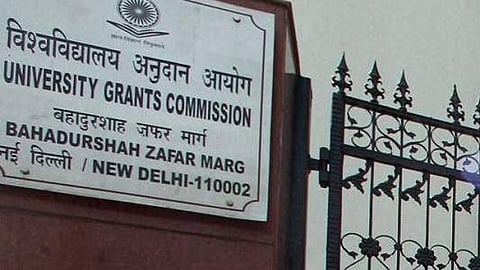

The "Draft Guidelines for Implementation of Recognition of Prior Learning (RPL) in Higher Education" have been made available to the public for additional comments.
These guidelines were approved by the University Grants Commission (UGC) at its most recent meeting on November 14.
What the guidelines say
According to the guidelines, RPL is a formal framework for evaluating a student's prior knowledge, abilities, and experience acquired through formal, non-formal, or informal learning.
While former learning takes place in educational institutions, informal learning occurs outside of official settings and may lack some structured features. Informal learning is spontaneous and self-directed, and it frequently occurs as a result of ordinary activities and experiences, the guidelines say, as per Education Times.
Competencies (knowledge, skills, and talents) acquired informally or non-formally are frequently not formally recognised or certified. The policy document illustrates that over 90 per cent of India's workforce is in the informal sector.
Therefore, the draft guidelines allow for the recognition of prior learning through vocational, experiential, educational games, peer learning, volunteering and other activities, all of which carry credits, reports Careers360.
Under the guidelines, higher educational institutions would develop policies to recognise prior learning and set up RPL Assessment Centres (RPLAC), which would also contribute to their accreditation score.
“We must address the challenges faced by India's large informal workforce, which requires formal education and career progression opportunities. RPL is integral to the vision of The National Education Policy (NEP) 2020. The National Credit Framework (NCrF) supports RPL by facilitating the creditisation of all learning forms – academic, vocational, and experiential,” UGC Chairman M Jagadesh Kumar told Careers360, speaking on the significance of the guidelines.
